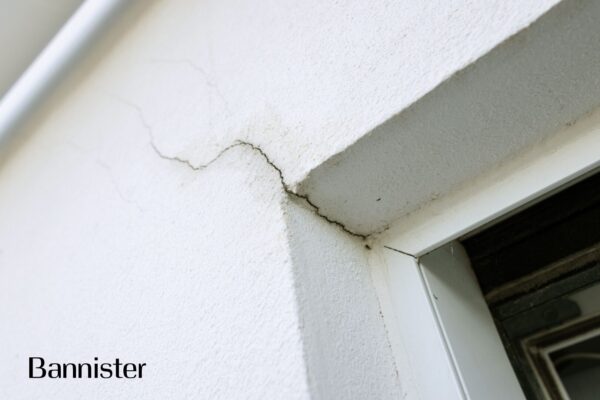
The confidential consultation between a lawyer and his client: an absolute right
Persons deprived of their liberty have the right under the Salduz Act (art. 47bis Sv.) to have a confidential consultation with a lawyer before being interrogated by the police (interrogation category 4). People who have not been deprived of their liberty but are considered suspects may also have a confidential consultation with their counsel before the interrogation begins (interrogation category 3).
Confidential consultation, and a lawyer's associated professional secrecy, involves a sacred principle in our rule of law.
Consequently, conversations between a lawyer and his client in a police station (as well as in prison) may not be overheard and/or filmed. This could violate professional secrecy (Art. 458 Sw.), the right to privacy (Art. 8 ECHR) and the right to a fair trial (Art. 6 ECHR).
Listening (by a police officer or correctional officer) to the conversation between a lawyer and his client may constitute a criminal violation of Sections 151 and 259bis Sw.
At the police station
The European Court of Human Rights stated in R.E. v. United Kingdom that confidential consultation in a police station as well as the confidentiality of the lawyer-client relationship is a fundamental principle guaranteed by Articles 6 and 8 of the ECHR:
"131. The present case concerns the surveillance of legal consultations taking place in a police station, which the Court considers to be analogous to the interception of a telephone call between a lawyer and client. The Court has recognized that, while Article 8 protects the confidentiality of all correspondence between individuals, it will afford "strengthened protection" to exchanges between lawyers and their clients, as lawyers would be unable to defend their clients if they were unable to guarantee that their exchanges would remain confidential (Michaud v. France, no. 12323/11, § 118, ECHR 2012)."
In May 2021, it came to light that in the Erpe-Mere / Lede police zone, confidential conversations between lawyers and clients were permanently filmed and that a police officer could also eavesdrop on these conversations. Such eavesdropping practices make a violation from the Salduzwet and the rights of defense.
Following this incident, the Board of Procurators General clarified in a circular that the strictly forbidden is for a police officer to conduct the confidential consultation between attorney and client at the police station listenable, to include or otherwise become aware of these communications.
The only exception where visual monitoring can be done is for the purpose of ensuring safety. However, this must be considered on a case-by-case basis and checked off with the attorney, who must give permission. Consequently, structural surveillance is not allowed.
The Order of the Flemish Bar Association stated that one should, however, be vigilant against such practices:
"The report of the COC (Control Body on Police Information) shows that this was not an isolated case and that the confidential consultation is routinely filmed in a lot of police offices. Care will therefore have to be taken to ensure that the audiovisual equipment hanging in many premises is actually switched off during the confidential conversation and that the lawyer and client are notified of this."
In prison
Even the conversations in prison between a lawyer and his client are highly confidential and are also covered by professional secrecy.
That is, conversations may not be overheard and/or recorded by correctional officers and/or management.
A client who is under a strict regime (read: special security regime or individual special security regime) in prison and is visited by his lawyer should be able to enjoy basic confidentiality. However, the fact that a client is placed under a stricter regime does not give the prison administration carte blanche to provide a camera in the consultation room, visually monitor and possibly eavesdrop.
Even the mere presence of a camera in a room for confidential conversations between the lawyer and his client may violate Articles 6 and 8 of the ECHR, regardless of whether it actually films/records, more specifically because the confidentiality that should be able to take place during such a conversation is not guaranteed.
A fortiori if video is effectively filmed and audio is recorded/or the audio can be heard. Only if the lawyer requests it, in the window of his or her safety, is the use of video, and therefore not audio, justified.
One can thus conclude that both in the police station and in prison the confidential consultation between and attorney and his client is a fundamental principle. It is not permitted to eavesdrop and/or film the conversations. There is an exception to filming if the lawyer's safety is compromised, and even then structural surveillance is not allowed.
_____
Sources:
ECHR R.E. v. United Kingdom of October 27, 2015, No. 62498/11.
https://www.controleorgaan.be/files/DIO21001_Beperkt_Toezicht_Camera_Verhoorlokaal_Publiek_N.pdf
https://www.advocaat.be/nl/nieuws/geen-gesol-met-de-vertrouwelijkheid-tussen-advocaat-en-cliënt
https://www.jubel.be/de-bijna-heilige-relatie-tussen-de-advocaat-en-zijn-client/



